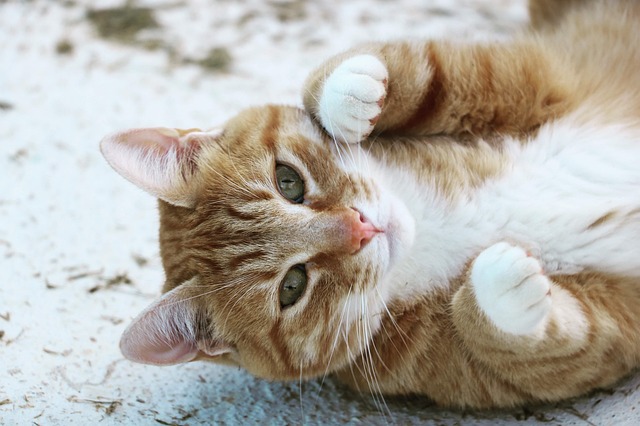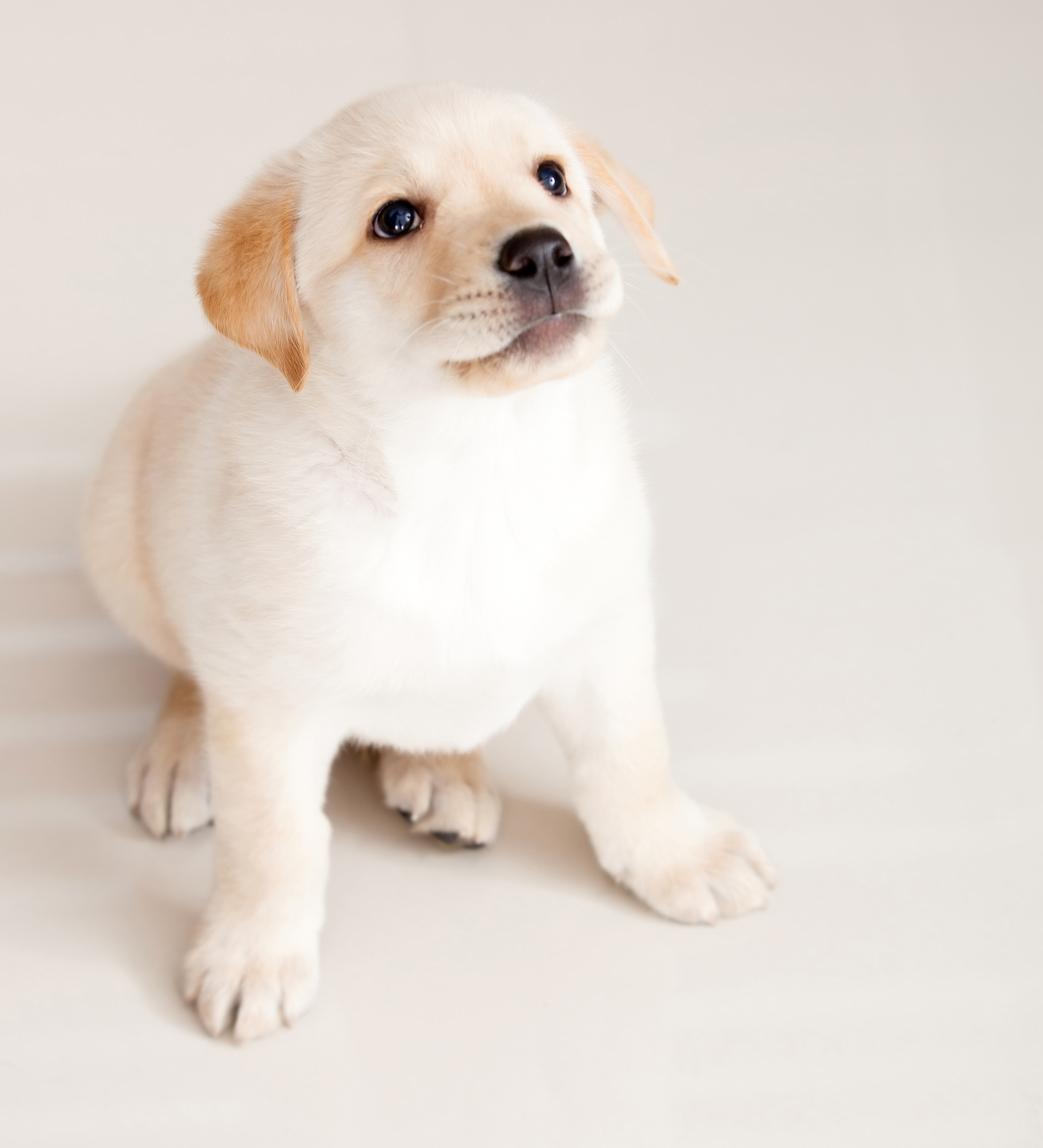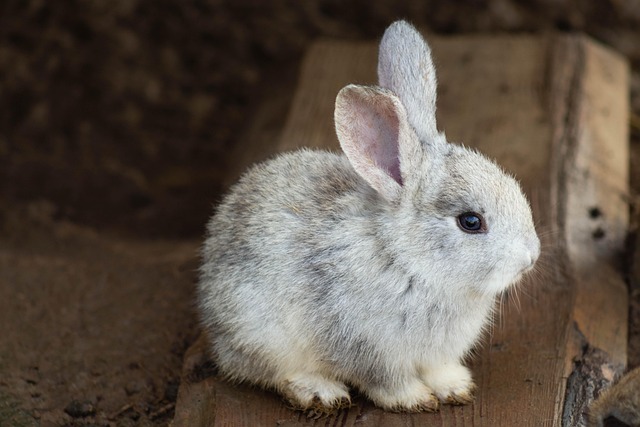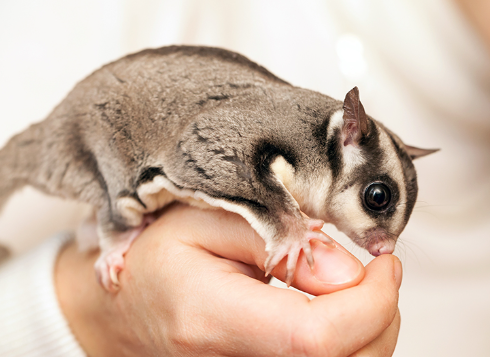Why Is Cat Not Eating After Giving Birth?
Why Is Cat Not Eating After Giving Birth?
Cats, those enigmatic and self-sufficient creatures, often exhibit behaviors that baffle their human companions. One such perplexing behavior is a cat's reluctance or refusal to eat after giving birth. This article delves into the possible reasons behind this phenomenon and offers insights to cat owners on how to best support their feline friends during this critical time.
H2: Physiological Changes Post-Partum
Adapting to Motherhood
After giving birth, a cat undergoes significant physiological changes. These changes are not just physical but also hormonal, influencing their appetite and behavior. The transition into motherhood requires a cat to adapt not only to her new body but also to her new responsibilities. This period of adjustment can sometimes manifest in a reduced interest in food.
Stress and Anxiety
It's common for cats to experience stress and anxiety post-partum. The presence of kittens, the responsibility of caring for them, and changes in the environment can lead to heightened stress levels in new mother cats. This anxiety can suppress their appetite, leading to less food consumption.
H2: Environmental and Dietary Factors
Need for a Peaceful Environment
The environment plays a crucial role in a cat's well-being, especially after giving birth. A noisy or disturbed environment can exacerbate stress, leading to a decreased appetite. Ensuring a quiet, safe space for the mother cat and her kittens is essential for her health and wellbeing.
Importance of Nutritious Diet
A nutritious diet is vital for a nursing cat. However, if the food offered is not appealing or if it lacks essential nutrients, a cat might refuse to eat. It's important to provide high-quality, nutrient-rich food that caters to the increased dietary needs of a lactating cat.
When to Seek Veterinary Help
Monitoring Health and Behavior
While it's not uncommon for cats to eat less after giving birth, prolonged refusal to eat can be a sign of underlying health issues. Monitoring the cat's overall health and behavior is crucial. Weight loss, lethargy, or any other signs of illness warrant immediate veterinary attention.
Professional Guidance for Optimal Care
A veterinarian can offer professional guidance on how to encourage the cat to eat and ensure that both the mother and her kittens are healthy. They can also rule out any medical conditions that might be causing the loss of appetite.
In summary, a cat not eating after giving birth can be attributed to various factors, ranging from physiological changes to environmental influences. Understanding these factors and providing a supportive, stress-free environment can help. However, it's important to stay vigilant and seek veterinary help if the cat's appetite does not improve or if other health concerns arise. Remember, the well-being of your feline companion and her new family depends on the care and attention you provide during this crucial time.














Leave a comment